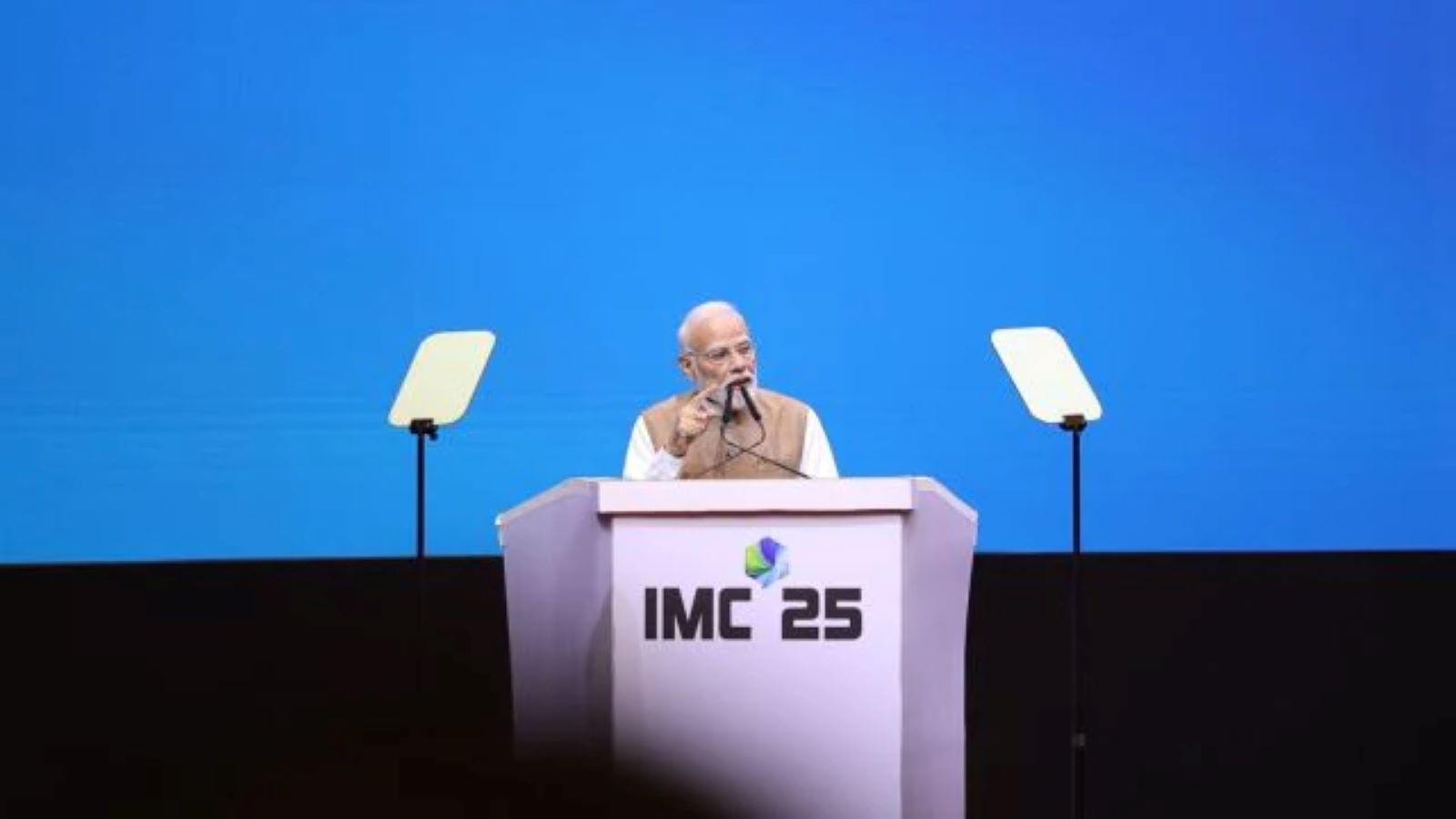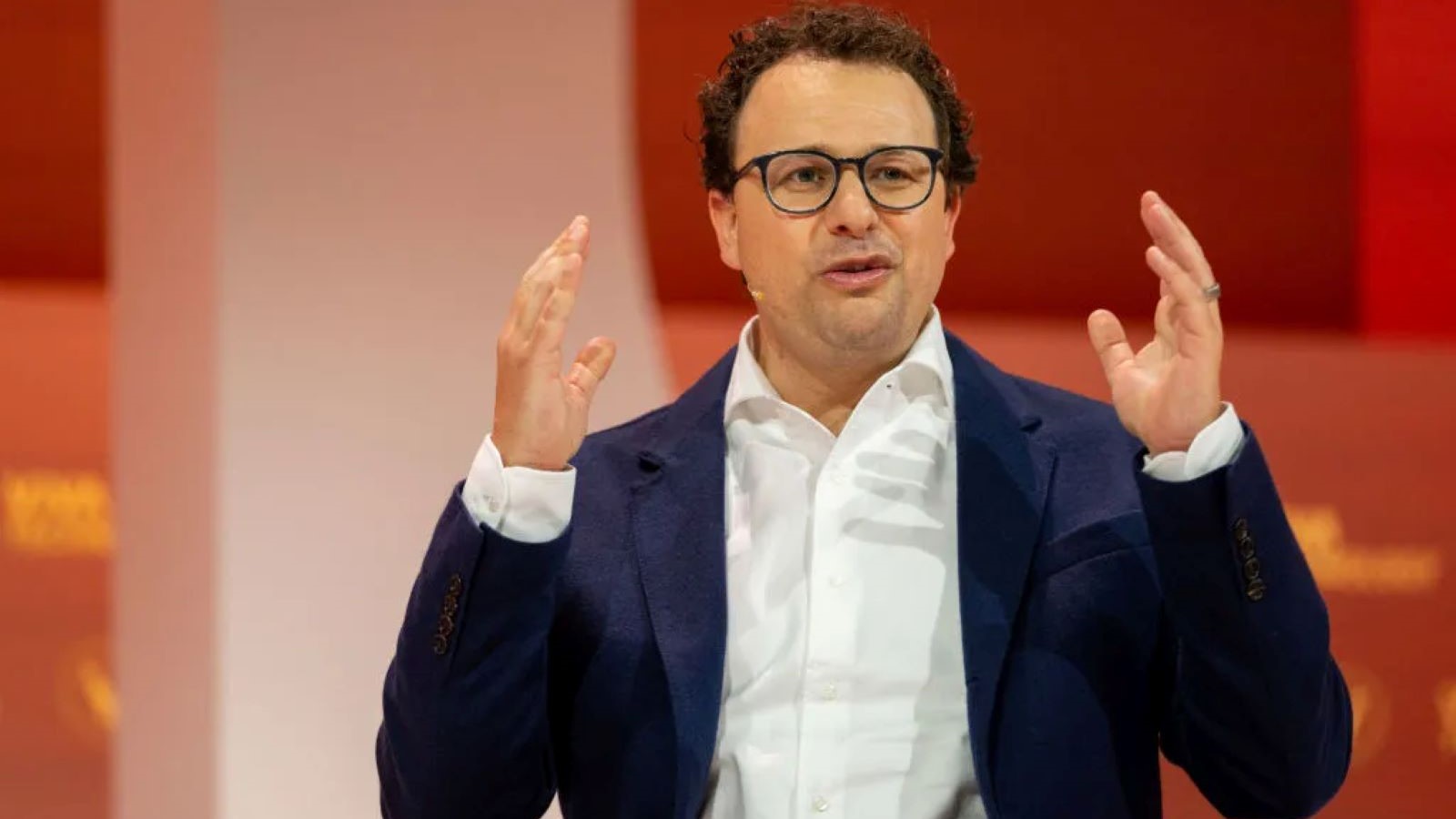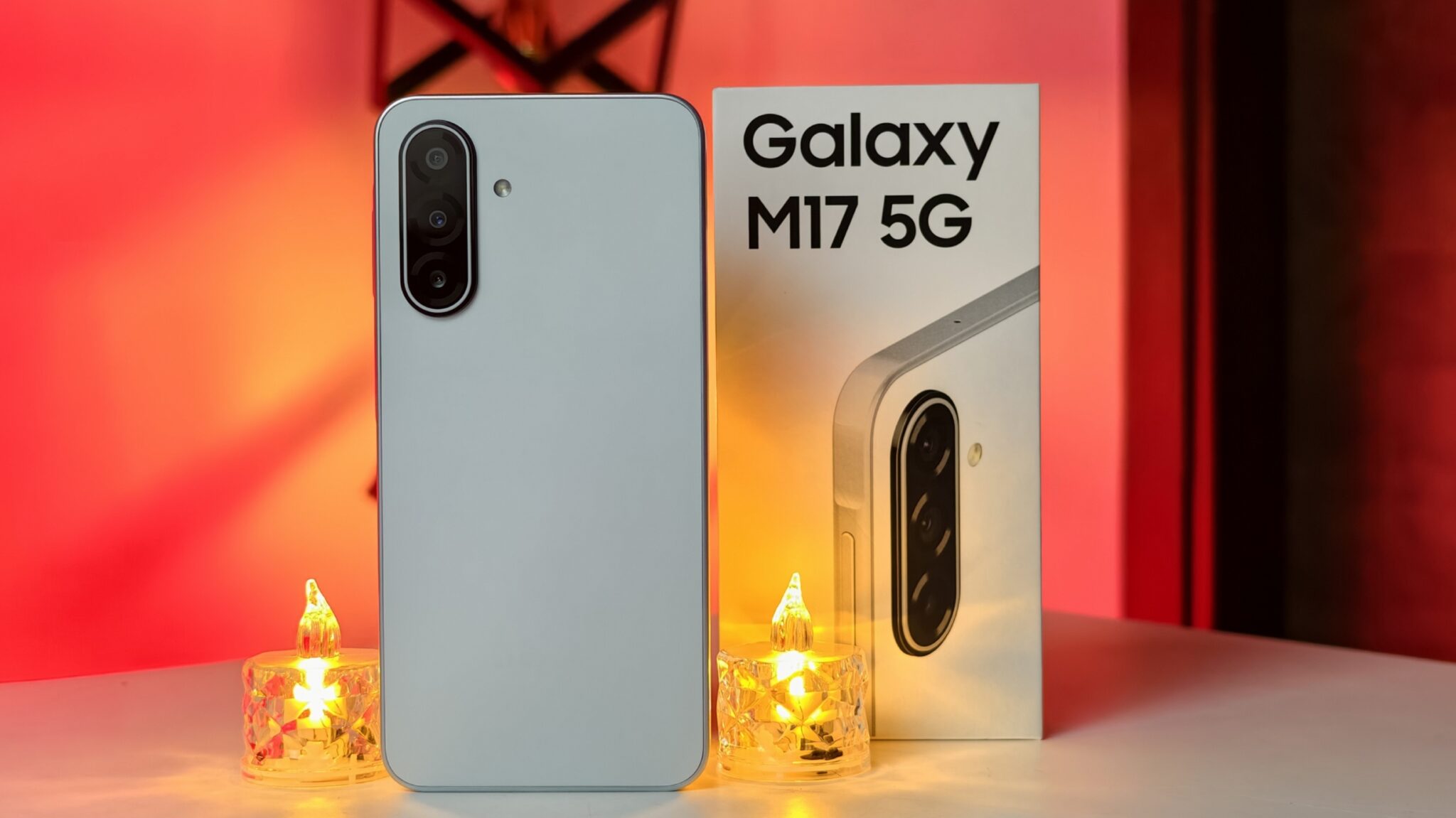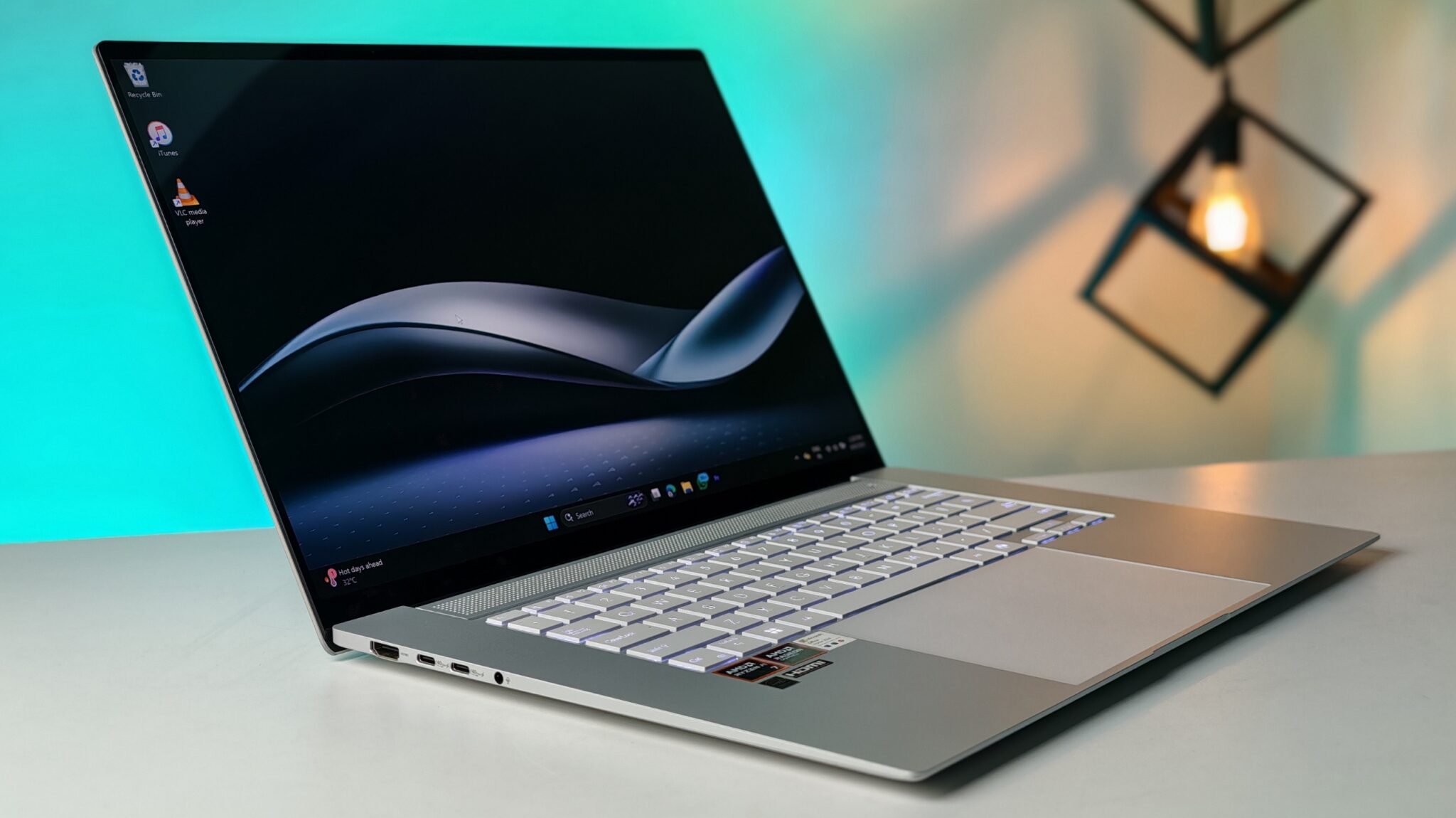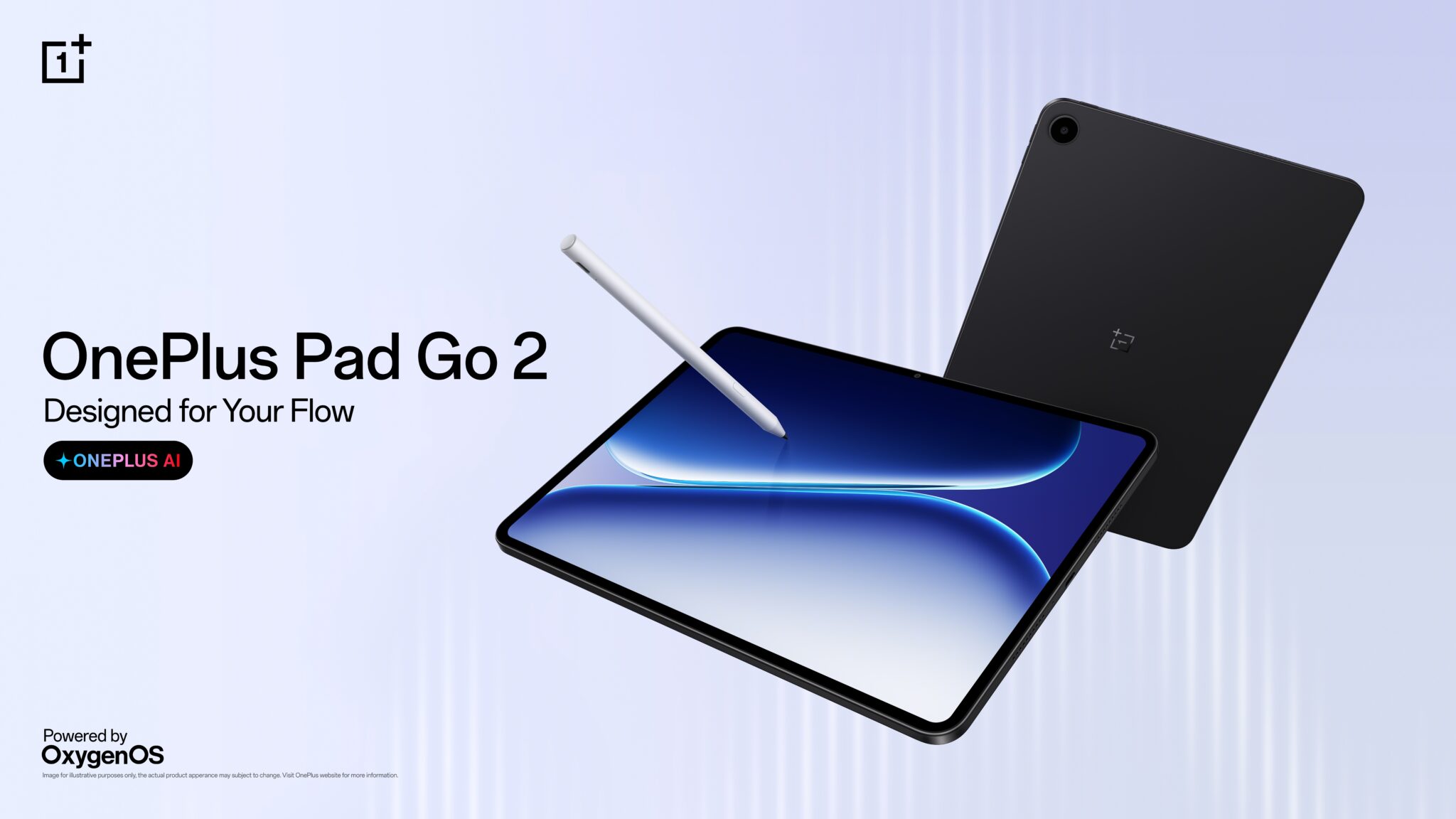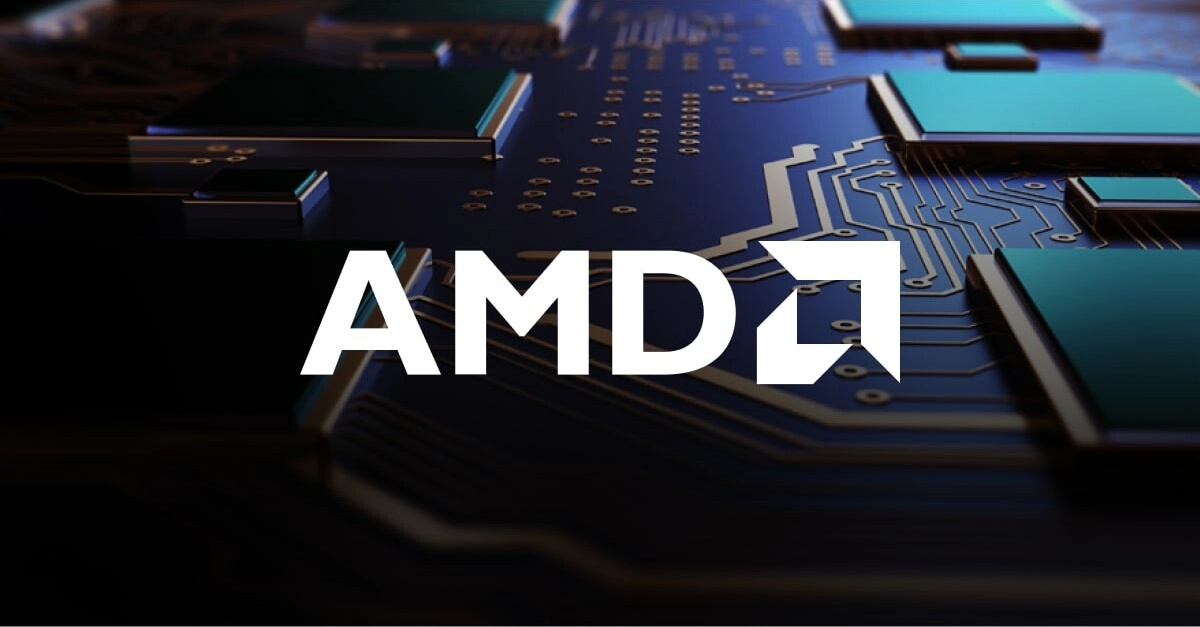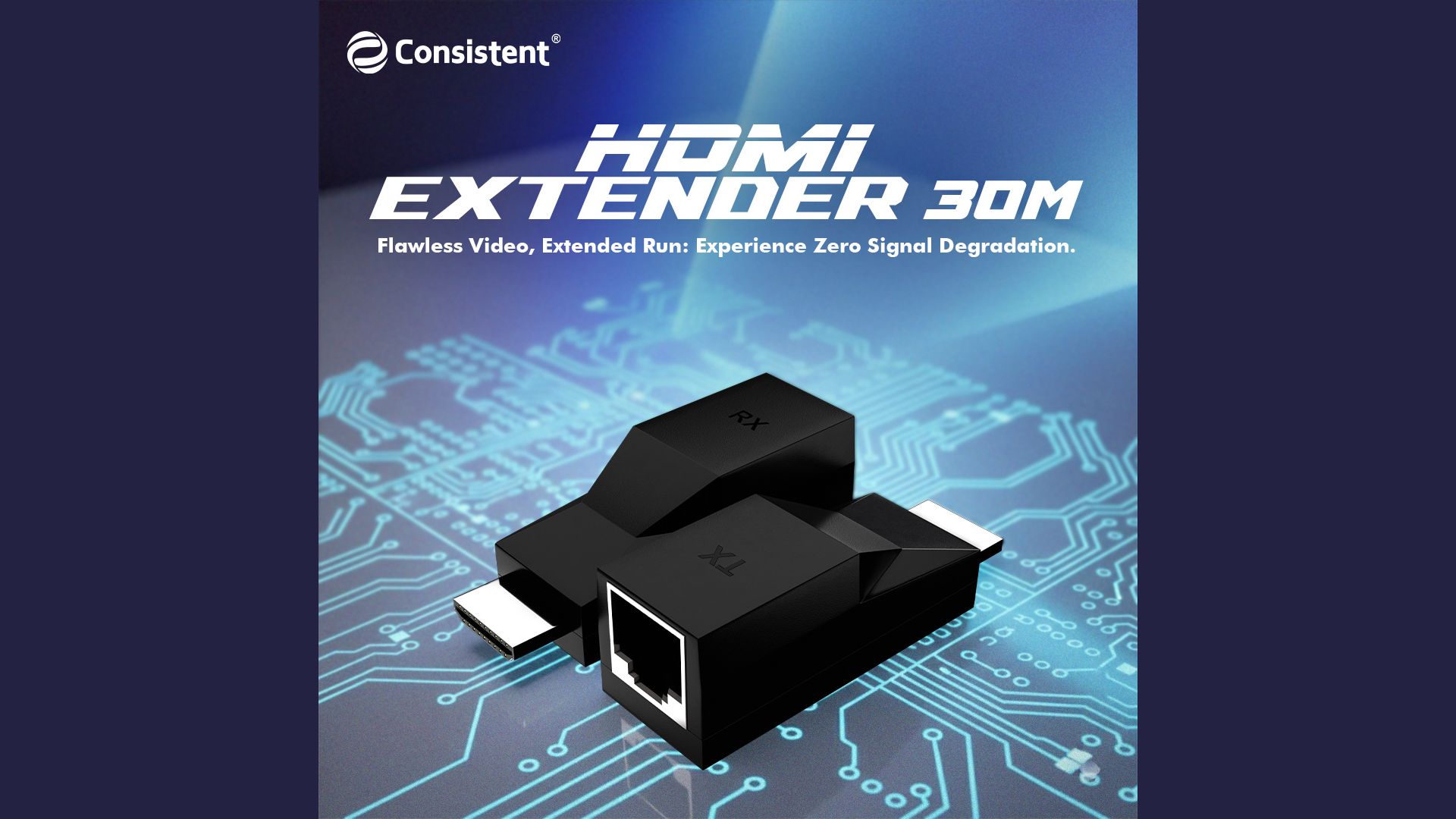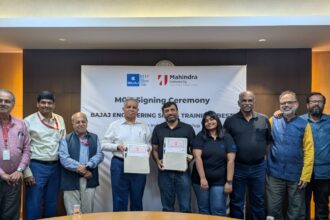Prime Minister Narendra Modi, inaugurating the ninth edition of the India Mobile Congress (IMC) 2025 today, called on the nation to position itself as a reliable and influential player in the global technology supply chain. Speaking at Pragati Maidan in New Delhi, he emphasized that India not only has the capacity but also the responsibility to address the disruptions that have challenged global supply chains in recent years. The event saw the presence of several top figures from the technology and telecom industries, including Communications Minister Ashwini Vaishnaw.
Key Takeaways
- PM Modi underlined the need for India to become a dependable partner in the global electronics and semiconductor supply chain.
- He highlighted the success of government programs like the Production Linked Incentive (PLI) scheme in driving local manufacturing.
- The Prime Minister identified the development of 6G technology as an important area for Indian leadership.
- He urged greater collaboration between the government and private sector to achieve these national objectives.
In his address, the Prime Minister explained that the world today is searching for trusted partners to build resilient supply chains. He urged Indian companies, startups, and innovators to step forward. “The world has seen the problems that arise from depending on a single source. India, with its democratic values and large talent pool, can offer a solution. We must become a strong link in the global value chain for a more secure and predictable world,” he said.
This call aligns closely with the government’s long-term Make in India initiative, which aims to transform the country into a global manufacturing hub. Modi pointed out the remarkable progress in mobile phone production, noting that India is now the world’s second-largest manufacturer of mobile handsets. He credited this success to forward-looking policies such as the PLI scheme, which provides incentives to companies based on the incremental sales of domestically manufactured products.
A significant part of his speech centered on semiconductors. Modi discussed the India Semiconductor Mission; a government initiative aimed at establishing a complete semiconductor and display ecosystem within the country. “For any electronics industry to thrive, a local semiconductor ecosystem is essential. We are working on this with great speed,” he said. The establishment of chip fabrication units in India, he noted, would help reduce import dependence and ensure a steady supply for Indian electronics producers.
Looking ahead, the Prime Minister stressed the importance of advancing next-generation technologies. He mentioned the Bharat 6G Alliance, a group formed to spearhead 6G development in India, and said that leadership in telecom technology directly influences economic strength. He also added that a stable and secure hardware supply chain is crucial for enabling such technological progress.
Industry leaders at the event responded positively to the Prime Minister’s remarks. Many agreed that a strong domestic supply chain is essential not only for sustaining the technology sector’s future growth but also for realizing India’s broader vision of becoming a developed nation by 2047.
Frequently Asked Questions (FAQs)
Q. What is the India Mobile Congress (IMC)?
A. The India Mobile Congress, or IMC, is the largest telecommunications, media, and technology forum in Asia. It brings together industry leaders, government officials, and academics to discuss and display the latest trends in the digital world.
Q. What is a supply chain bottleneck?
A. A supply chain bottleneck is a point of congestion in a production system that stops or slows down the flow of goods. This can happen due to a shortage of materials, transportation delays, or geopolitical issues, causing delays and price increases for consumers.
Q. What is the Indian government doing to boost manufacturing?
A. The Indian government has launched several programs to boost manufacturing, including the ‘Make in India’ initiative, which encourages companies to manufacture their products in the country. The Production Linked Incentive (PLI) scheme provides financial incentives to manufacturers in various sectors, including electronics, to increase domestic production.
Q. What is 6G technology and when will it come to India?
A. 6G is the sixth generation of wireless technology, expected to be much faster and more reliable than 5G. It is still in the early research and development stage globally. India, through the Bharat 6G Alliance, aims to be a key contributor to its development and expects to see its deployment around 2030.


